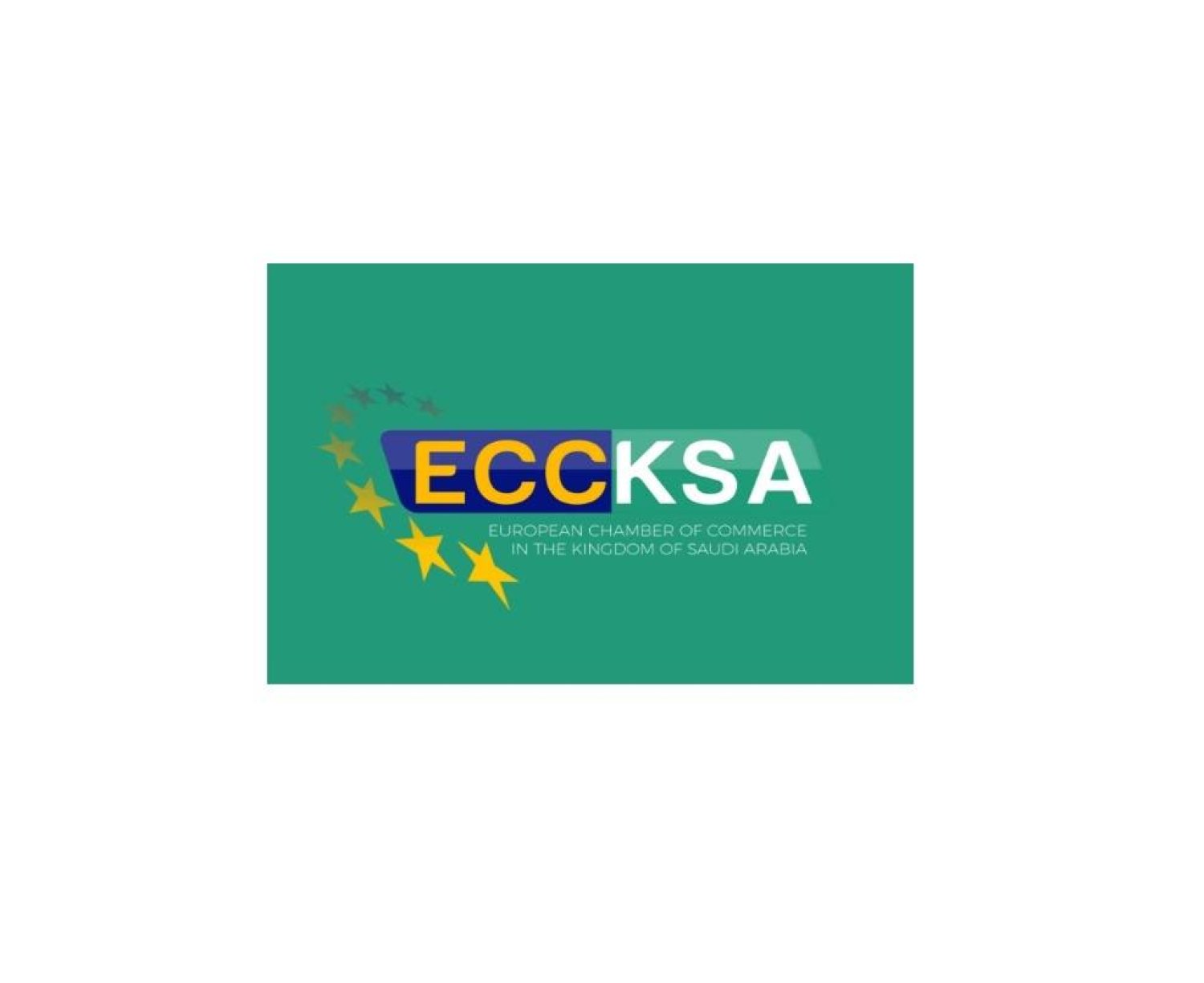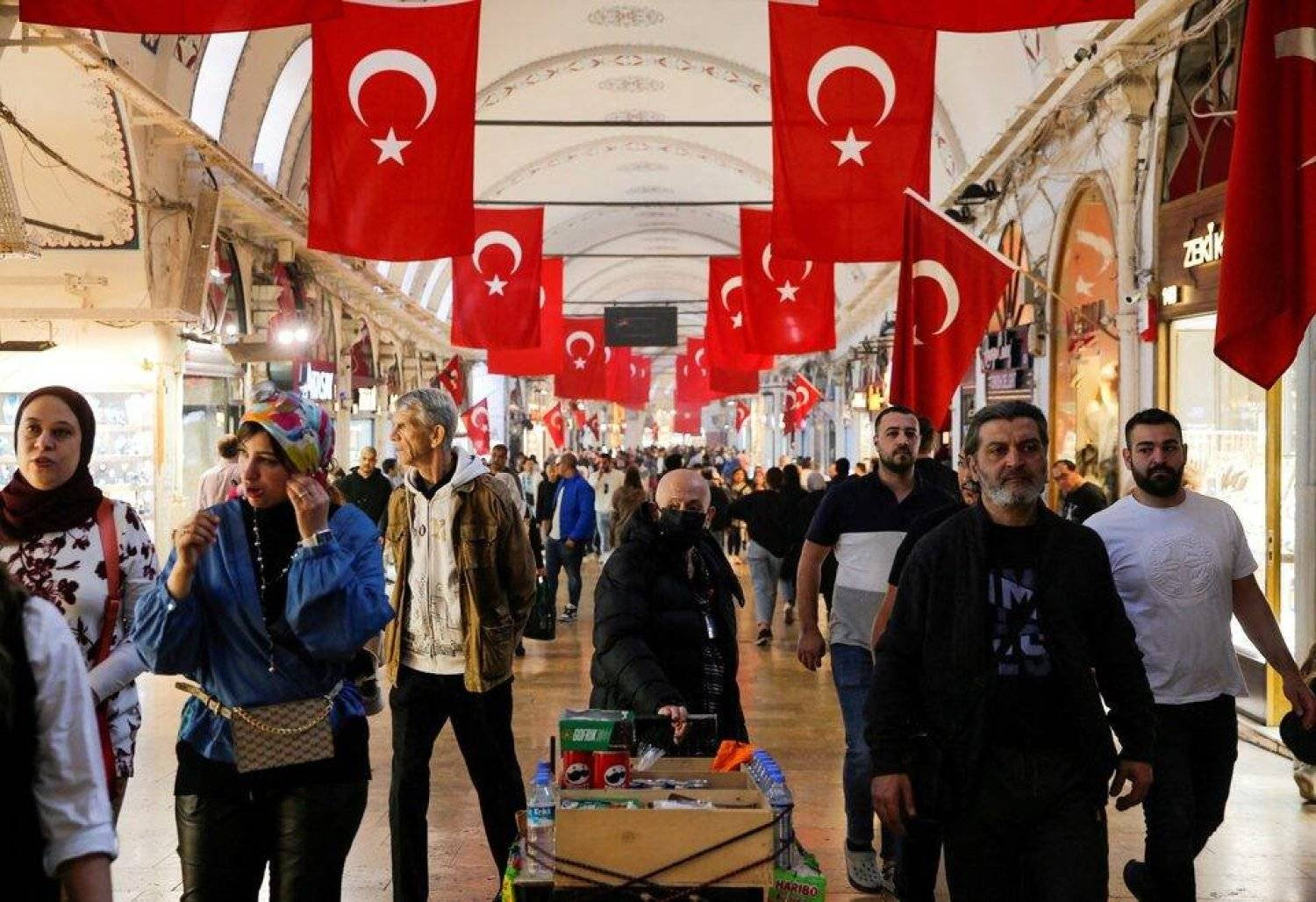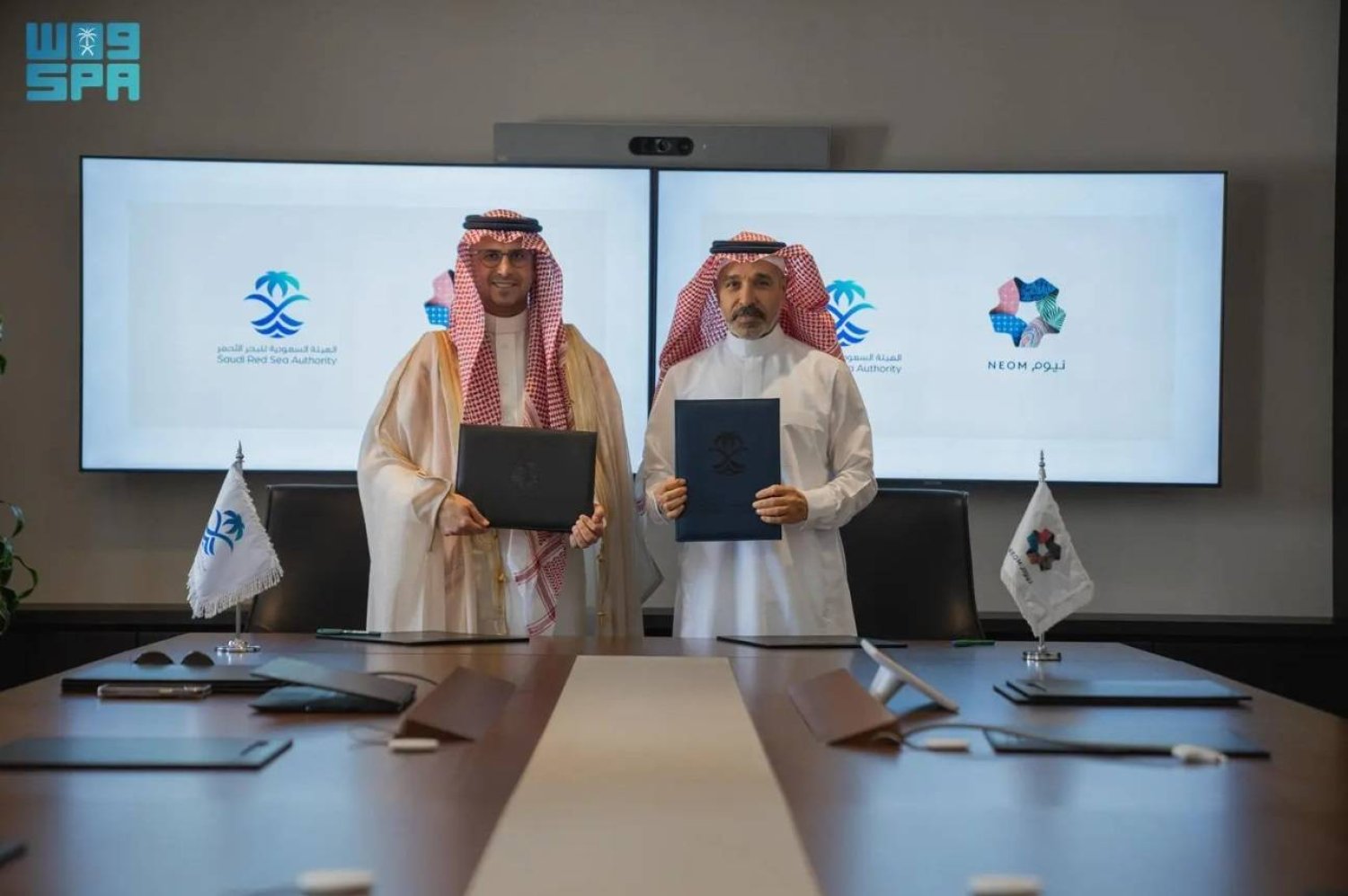One casualty of Turkey’s military incursion into Syria may be its own recovery from recession after US congressional leaders threatened sanctions that could hit the lira and harden Turkish distrust of Western allies.
Turkey’s currency - which suffered a crisis a year ago due in part to US sanctions and tariffs - hit its weakest level in nearly four months after US troops left northeast Syria and Ankara ordered attacks on Kurdish forces there.
In recent months the lira had steadied and inflation had fallen, suggesting Turkey’s $766 billion economy had left behind its worst slump in nearly two decades.
The central bank has slashed interest rates since July to kick-start lending. But by Thursday, market expectations for further policy easing were reined in as investors worried that fallout from the conflict could delay the recovery.
The risks include higher deficits and borrowing costs and slowing tourism if Turkey’s military gets bogged down over a long period.
But the biggest threat - and one that investors say is not priced into Turkish assets - is a new determination among senior US Republicans to punish Turkey for attacking Syrian Kurds, key allies of Washington in the battle against ISIS.
Republican Senator Lindsey Graham, usually a strong defender of Donald Trump, on Wednesday joined a Democratic colleague to unveil a framework for sanctions, making good on his criticism of the president’s decision to withdraw US troops.
Graham’s proposal would target the assets of Erdogan and other top officials, impose visa restrictions, and sanction anyone who conducted military transactions with Turkey or supported energy production.
Turkey may face broader sanctions too under the Graham plan over its purchase this year of Russian S-400 missile defenses despite Washington’s strong objections.
Fragile
“(Broader sanctions) would change the economic picture of Turkey totally and we would have to take into account the possibility of a new recession in a situation where the economy is fragile after the 2018 crisis,” said Ulrich Leuchtmann, head of FX research at Commerzbank in Frankfurt, according to Reuters.
It is unclear whether Congress would back Graham’s sanctions or whether it would have the two-thirds “super majority” needed to overcome any veto by Trump, who has a good working rapport with Turkish President Recep Tayyip Erdogan and spoke with him before pulling out US troops.
It is also unclear whether Trump would support sanctions after he said earlier this week that the United States would “obliterate” Turkey’s economy if it did anything “off limits” in Syria, without defining what that means.
“The more political pressure comes, the more Trump might be inclined to state that Turkish action might be off limits,” added Leuchtmann.
During last year’s spat, Trump imposed limited sanctions and higher tariffs on some Turkish imports to pressure Turkey to release Andrew Brunson, an American pastor who was detained there over terrorism charges, and who was later released.
Weaker lira, fewer rate cuts
The lira, which lost nearly 30% of its value last year, has shed more than 3% so far this week in volatile trade as it approached as much as 5.90 against the dollar.
Traders said it was unclear how much further it would have fallen had state banks not stepped in to sell dollars and cushion the blow earlier this week.
In foreign investment-reliant Turkey, the currency largely determines prices, which in turn determines monetary policy. Investors said any lira move beyond 6 could signal expectations that sanctions are likely to bite.
A senior Turkish banker who requested anonymity said the weakness so far reflects immediate geopolitics surrounding the incursion rather than sanctions, which loom as “the biggest threat”.
“Relations with the United States are an important concern that we cannot predict yet,” he said, adding concerns would persist at least until Erdogan’s planned talks with Trump in the United States on November 13.
Turkish Treasury and Finance Minister Berat Albayrak may attend annual meetings of the World Bank and International Monetary Fund in Washington next week.
While Albayrak has in recent weeks painted a picture of Turkish economic resilience, this week bonds and stocks have plunged, including a more than 5% drop in Turkey’s main share index.
Money market traders now predict the central bank will cut rates to 15% by year-end, from 16.5% now, rather than the 13.5% they had predicted at the end of last week. Four traders said a 50- to 75-point cut is expected later this month.
In a statement, the Treasury said: “We do not expect a permanent negative impact on the Turkish economy. The (military) operation... prevents losses that might arise in the future in many different areas.”
“Turkey gave its economy a stronger structure in the past year for all kinds of scenarios with the measures it implemented,” it added.
Nationalist backlash
Ankara’s incursion into Syria, dubbed Operation Peace Spring, is the latest strain on its relationship with NATO ally Washington, despite what Erdogan has called “a different kind of trust” between him and Trump.
Imposing more sanctions could trigger a backlash in Turkey. In a fiery speech on Wednesday, Erdogan whipped up nationalist emotions against European countries that have criticized the incursion.
“Right now the (Turkish) nationalist zeal has sky-rocketed,” said Galip Dalay, a visiting scholar at Oxford University.
“If approved, US sanctions would only convince people in Ankara that it was the right decision to get closer to Russia (by buying the missile defenses), and that Trump is sympathetic to them even while the rest of the DC establishment is hostile.”
















